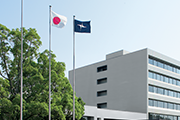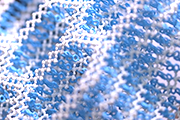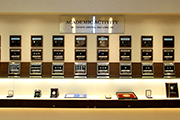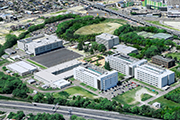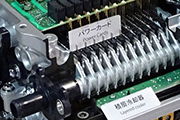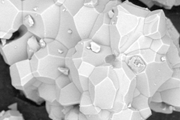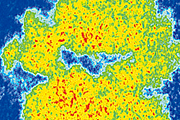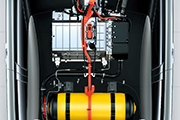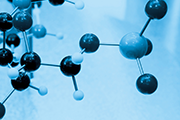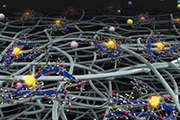Highly selective CO2 to CO conversion by water-soluble molecular catalysts
A study conducted by Tomiko M. Suzuki et al., in collaboration with the Tokyo University of Science, was published in the Chemical Communications.
The development of cost-effective, low-energy carbon dioxide (CO2) conversion technology that synthesizes carbon compounds from water and CO2 holds immense significance for achieving a carbon-neutral society. However, in reactions incorporating water, the preferential occurrence of hydrogen (H2) production via the reduction of hydrogen ions (H+) can considerably diminish the selectivity of CO2 conversion. In this study, a water-soluble complex molecular catalyst with a simple chemical structure suppressed H2 generation during CO2 electrolysis under ambient temperature and pressure, achieving an unprecedented selectivity for carbon monoxide (CO) production of nearly 100%. Moreover, this reaction operates at exceptionally low voltage levels on a global scale. In the future, the synergy between this molecular catalyst and semiconductor photocatalysts is expected to enable the realization of a highly efficient artificial photosynthesis system utilizing solar energy.
Title: Highly Selective CO2 Electrolysis in Aqueous Media by a Water-soluble Cobalt Dimethyl-bipyridine Complex
Authors: Suzuki, TM., Nagatsuka, K., Nonaka, T., Yamaguchi, Y., Sakamoto, N., Uyama, T., Sekizawa, K., Kudo, A., Morikawa, T.
Journal Name: Chemical Communications
Published: September 20, 2023
https://doi.org/10.1039/D3CC03940D















